WHY PILIH FANGKUAI?
Zhengzhou Fangkuai Boiler Sales Co., Ltd. adalah anak perusahaan dari Perusahaan Boiler Fangkuai, mainly
responsible for the domestic and foreign trade of Fangkuai Boiler.Fangkuai Headquarters Base
has a single-building R&D center, laboratorium kondisi kerja penuh dan dua manufaktur
tanaman, dengan luas produksi 120.000 meter persegi. Ini adalah perusahaan terkemuka di
China dengan kemampuan pemrosesan otomatisasi boiler, dan produknya diekspor ke banyak orang
negara dan wilayah.





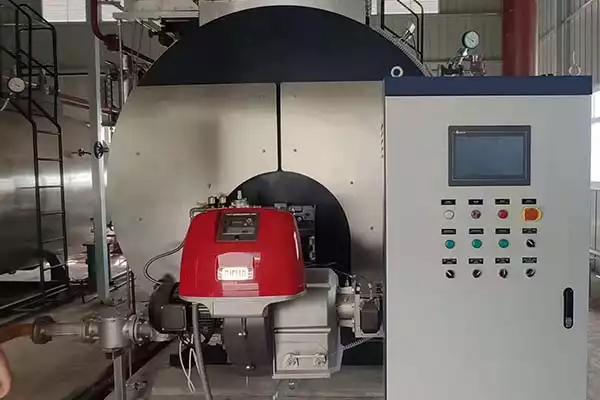
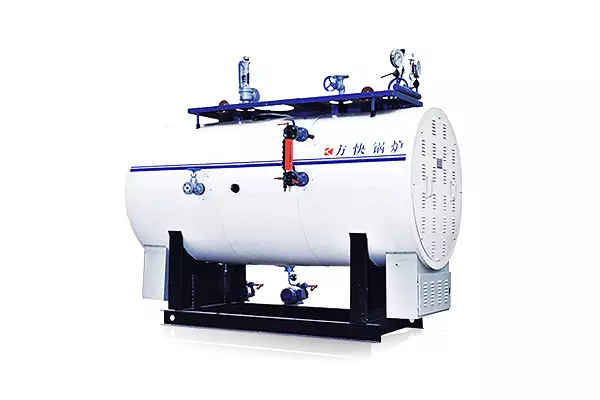
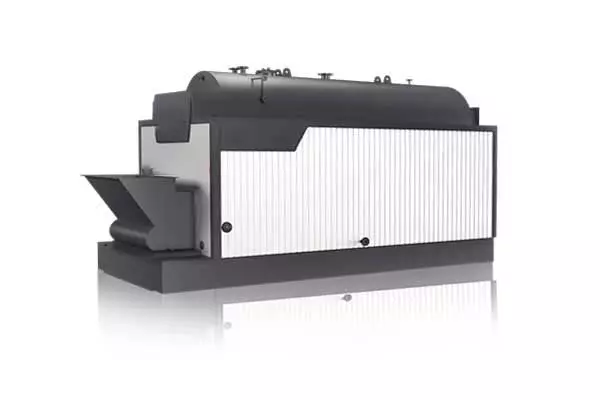
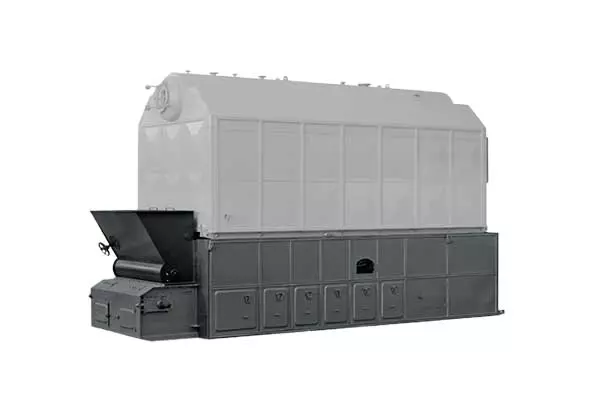
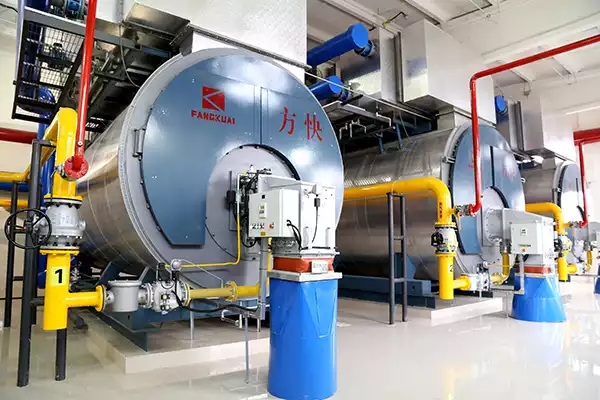
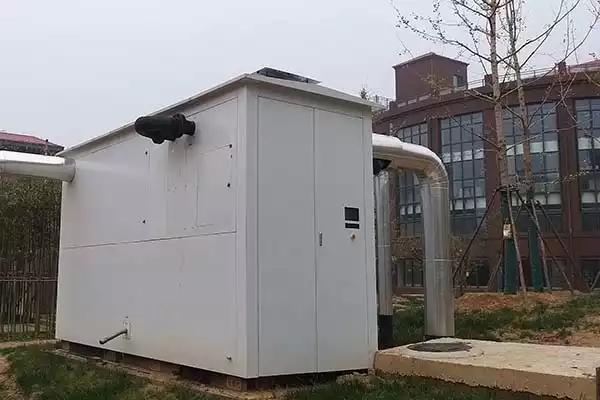
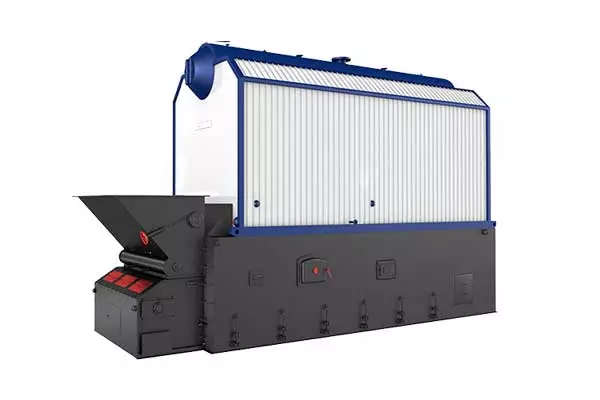
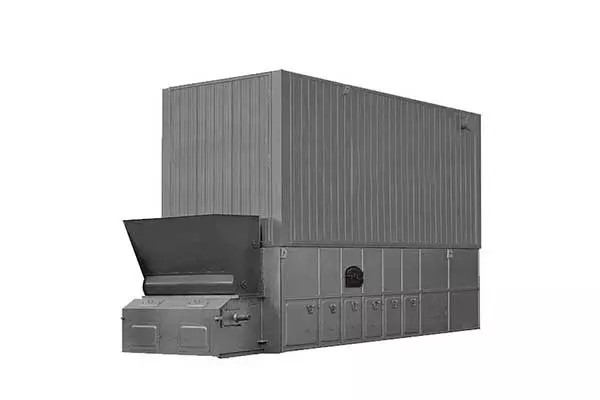
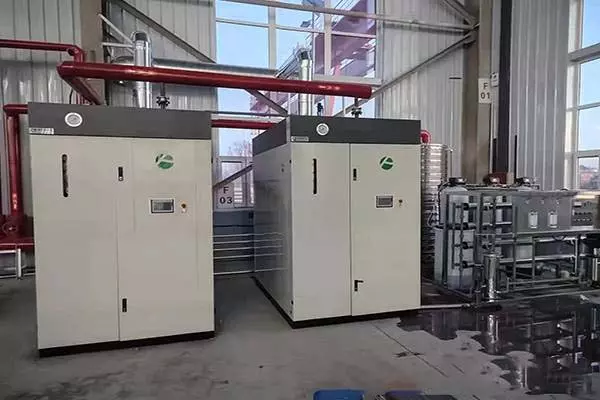
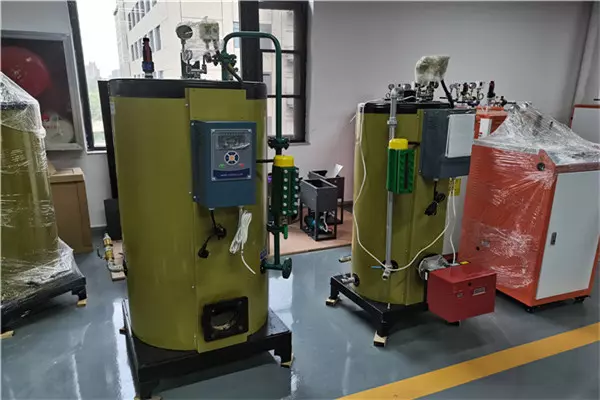
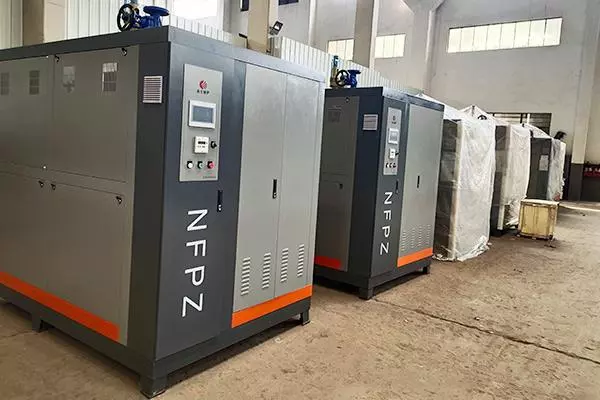
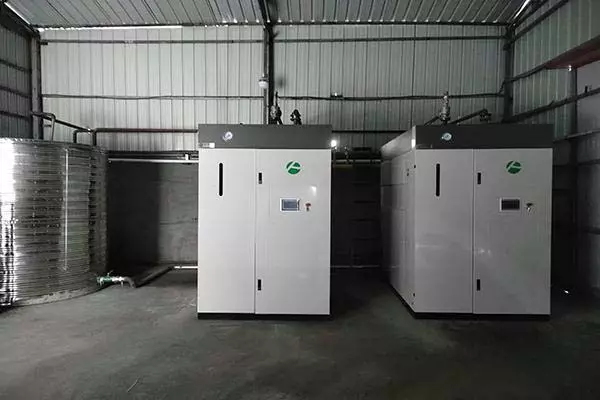
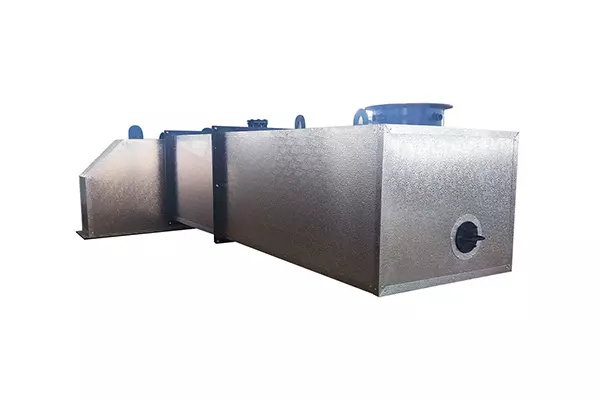
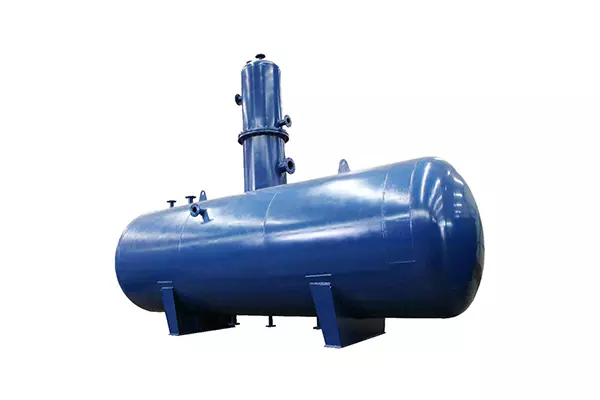
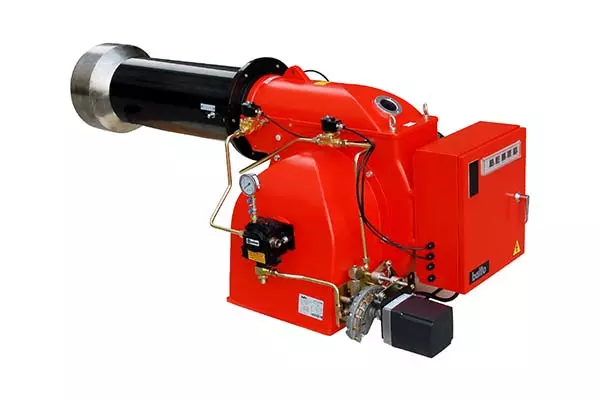
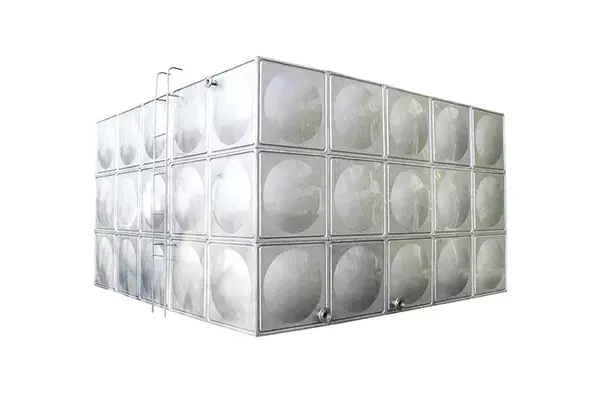
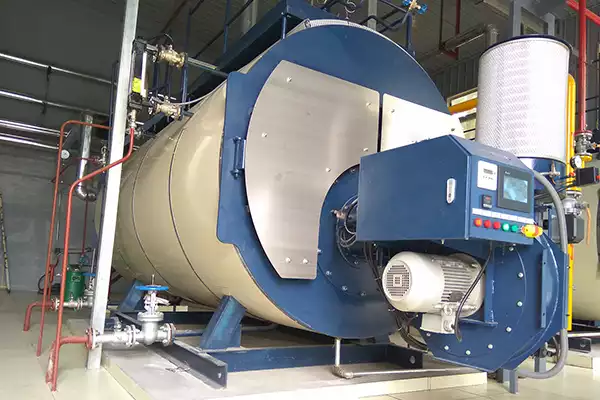
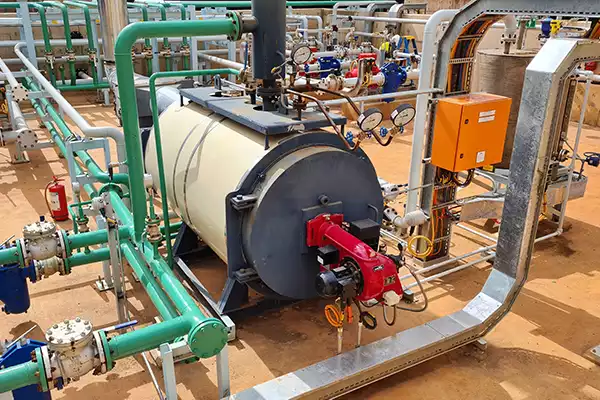
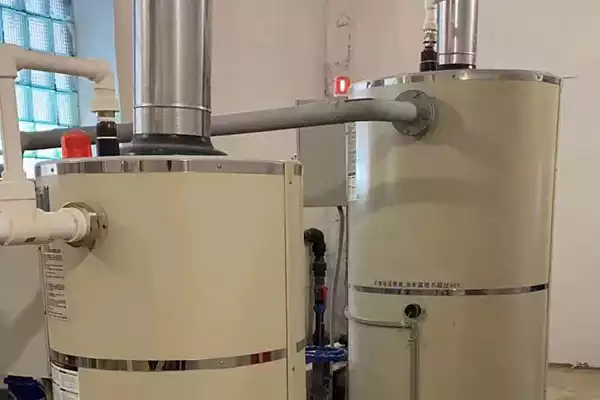
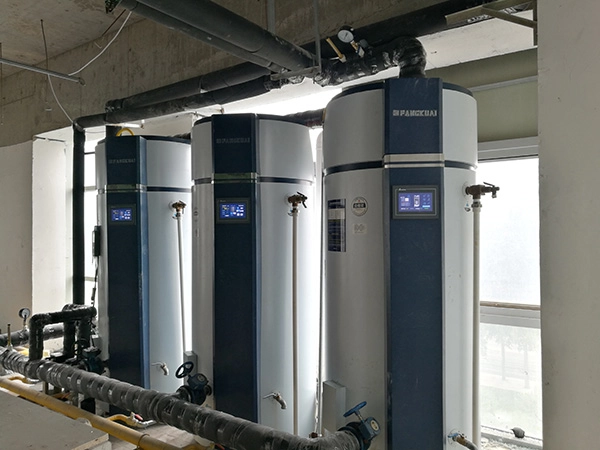
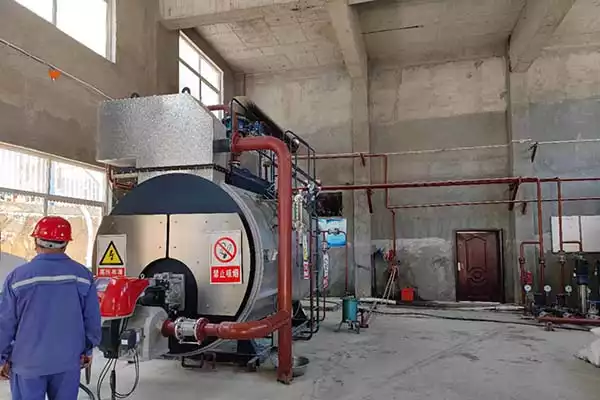
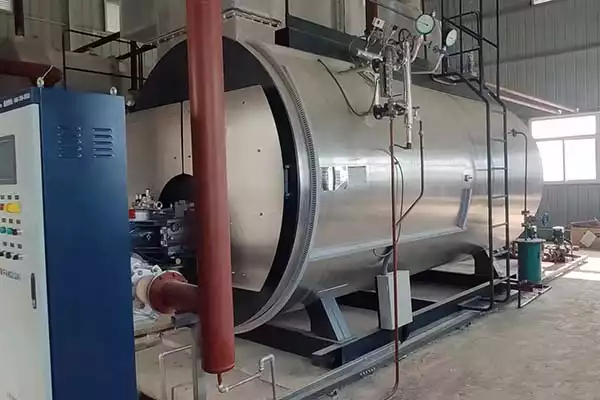
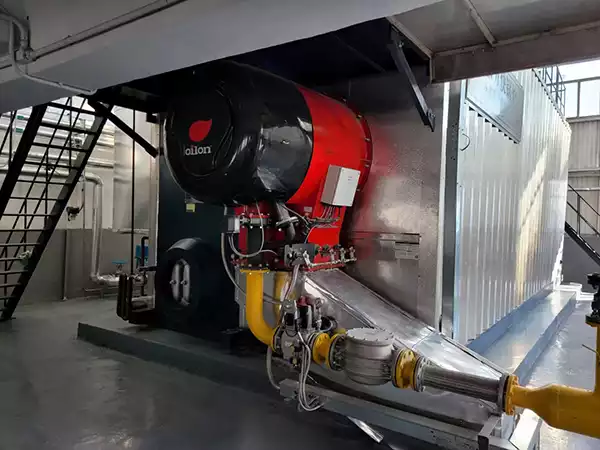
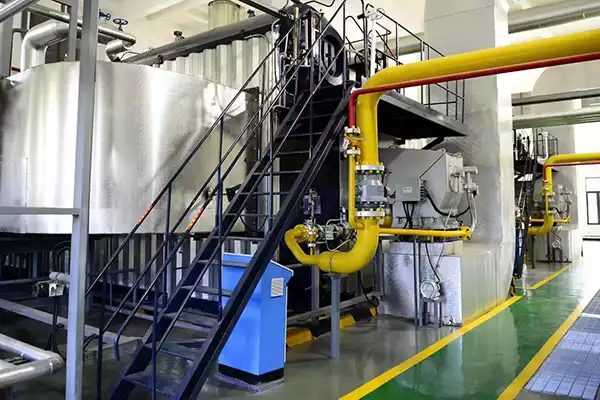





View Ulasan Pelanggan kami
"Pembangkit uap Fangkuai sangat bagus. Mereka sangat mudah digunakan dan membutuhkan perawatan minimal. Layanan pelanggan di Fangkuai juga luar biasa. Mereka sangat responsif dan selalu bersedia membantu. Efisiensi energi dari pembangkit uap juga luar biasa, yang telah membantu saya menghemat uang untuk tagihan energi saya. Saya sangat merekomendasikan generator uap Fangkuai."
Maria
Spanyol"Steam boiler dari Fangkuai sangat cocok untuk usaha pengolahan makanan saya. Ini memenuhi semua persyaratan kami dan sangat dapat diandalkan. Kualitas bahan dan konstruksi boiler luar biasa. Pengoperasian dan pemeliharaannya juga sangat mudah, yang telah membantu kami menghemat waktu dan uang untuk pemeliharaan. Saya sangat merekomendasikan ketel uap Fangkuai kepada siapa pun yang membutuhkan solusi pemanasan yang andal."
Jason
Brazil"Layanan pelanggan di Fangkuai adalah yang terbaik. Mereka membantu saya memilih boiler yang sempurna untuk kebutuhan saya dan memberikan dukungan yang luar biasa selama proses berlangsung. Proses pemasangannya juga sangat lancar dan ketelnya melebihi ekspektasi saya. Sangat mudah digunakan dan dirawat, dan efisiensi energinya luar biasa. Saya sangat merekomendasikan produk Fangkuai kepada siapa pun yang membutuhkan solusi pemanasan yang andal dan efisien."
Juan
Meksiko"Steam boiler dari Fangkuai sangat cocok untuk usaha pengolahan makanan saya. Ini memenuhi semua persyaratan kami dan sangat dapat diandalkan. Kualitas bahan dan konstruksi boiler luar biasa. Pengoperasian dan pemeliharaannya juga sangat mudah, yang telah membantu kami menghemat waktu dan uang untuk pemeliharaan. Saya sangat merekomendasikan ketel uap Fangkuai kepada siapa pun yang membutuhkan solusi pemanasan yang andal."
Jason
Brazil"Saya sangat terkesan dengan kualitas ketel air panas Fangkuai. Itu dibangun untuk bertahan dan telah melebihi harapan saya. Proses instalasi juga sangat lancar dan layanan pelanggan sangat baik. Ketel air panas sangat mudah dioperasikan dan dirawat, dan efisiensi energinya luar biasa. Saya sangat merekomendasikan boiler air panas Fangkuai."
Mendongkrak
Australia"Saya membeli ketel uap Fangkuai untuk pabrik saya dan telah berfungsi dengan sempurna selama berbulan-bulan sekarang. Kualitas bahan dan konstruksi boiler sangat mengesankan. Ini juga sangat hemat energi, yang telah membantu kami menghemat uang untuk tagihan energi kami. Saya sangat merekomendasikan produk Fangkuai kepada siapa pun yang membutuhkan solusi pemanasan yang andal dan efisien."
Yohanes
Amerika Serikat"Thermal oil boiler dari Fangkuai sangat mudah dioperasikan dan dirawat. Ini telah membantu kami menghemat waktu dan uang untuk pemeliharaan, yang telah menyebabkan penghematan biaya yang signifikan. Kualitas bahan dan konstruksi boiler luar biasa. Ini juga sangat hemat energi, yang telah membantu kami menghemat uang untuk tagihan energi kami. Saya sangat merekomendasikan boiler minyak termal Fangkuai ."
Allen
Brazil"Peralatan bantu Fangkuai telah membuat sistem ketel saya menjadi lebih baik. Kualitas peralatannya luar biasa dan harganya sangat masuk akal. Peralatan tersebut telah membantu meningkatkan efisiensi dan kinerja sistem ketel saya, yang telah menyebabkan penghematan biaya yang signifikan. Saya sangat merekomendasikan peralatan bantu Fangkuai kepada siapa pun yang membutuhkan aksesori boiler berkualitas tinggi."
Maryk
Inggris"Saya sangat terkesan dengan kualitas ketel air panas Fangkuai. Itu dibangun untuk bertahan dan telah melebihi harapan saya. Proses instalasi juga sangat lancar dan layanan pelanggan sangat baik. Ketel air panas sangat mudah dioperasikan dan dirawat, dan efisiensi energinya luar biasa. Saya sangat merekomendasikan boiler air panas Fangkuai."
Mendongkrak
Australia